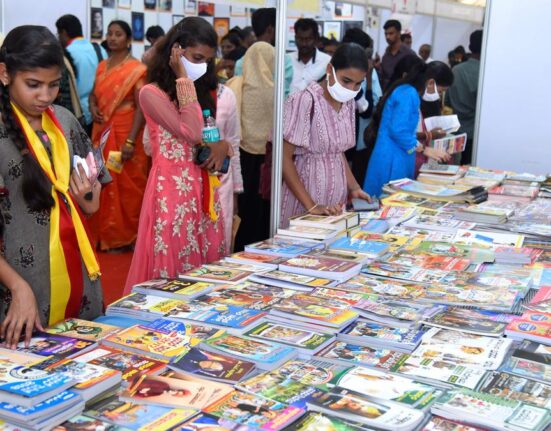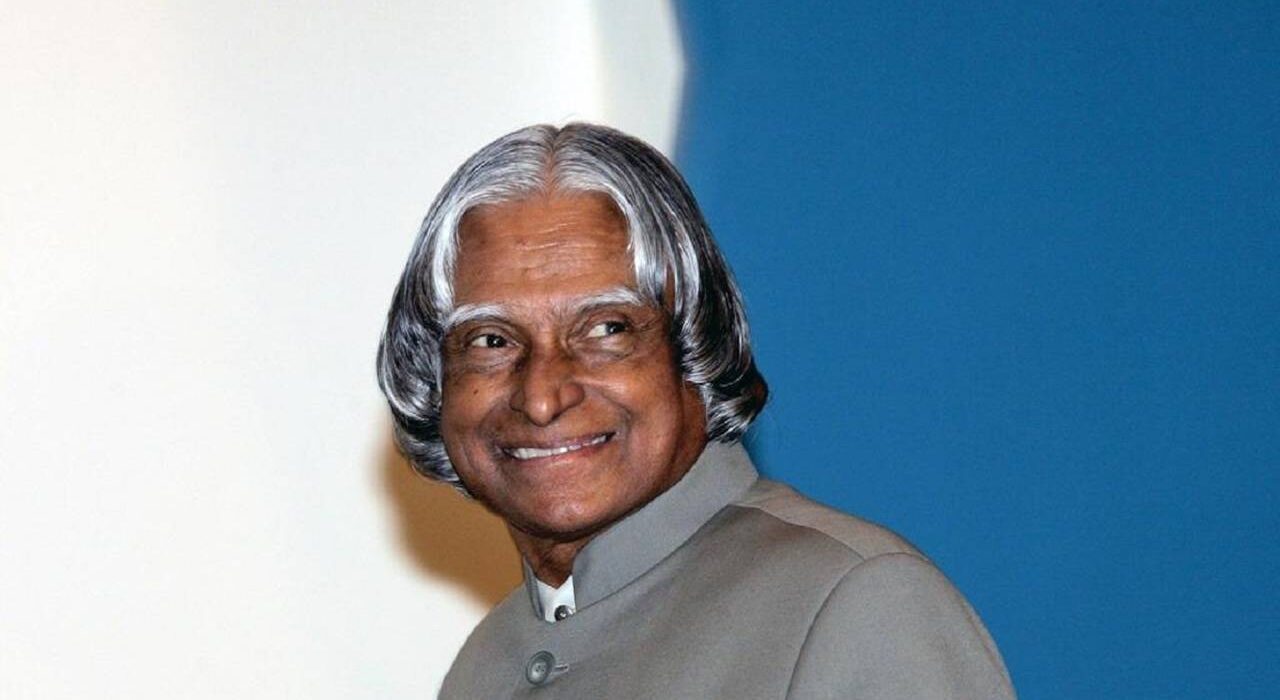Dr. APJ Abdul Kalam: The People’s President and Visionary Scientist
Dr. Avul Pakir Jainulabdeen Abdul Kalam, widely known as APJ Abdul Kalam, was an inspiring figure who made significant contributions to India in the fields of science, technology, and public service. Born on October 15, 1931, in Rameswaram, Tamil Nadu, he rose from humble beginnings to become one of the most respected and beloved leaders in India. Dr. Kalam’s journey from a small town to becoming the 11th President of India (2002-2007) is a testament to his hard work, humility, and dedication to the nation.
Early Life and Education
APJ Abdul Kalam was born into a modest Tamil Muslim family. His father, a boat owner, and his mother, a homemaker, instilled in him values of discipline and hard work. Kalam’s early life was marked by financial challenges, but he was an eager learner. He developed a strong interest in mathematics and science from a young age, which eventually shaped his career. He graduated in physics from Saint Joseph’s College, Tiruchirappalli, and later pursued aerospace engineering at the Madras Institute of Technology (MIT).
The Scientist and Missile Man of India
Dr. Kalam’s contributions to India’s defense technology are legendary. In the 1960s, he joined the Defense Research and Development Organisation (DRDO), where he began his work on India’s missile programs. In 1969, he was transferred to the Indian Space Research Organisation (ISRO), where he played a pivotal role in the development of India’s first satellite launch vehicle (SLV-III), which successfully deployed the Rohini satellite in orbit in 1980.
However, it was his work in the defense sector that earned him the title “Missile Man of India.” Dr. Kalam was the chief architect of India’s guided missile program, including the development of the Agni and Prithvi missiles, which boosted India’s defense capabilities. He also played a crucial role in the successful nuclear tests in Pokhran in 1998, cementing India’s status as a nuclear power.
The People’s President
Dr. Kalam’s term as the President of India from 2002 to 2007 was a period marked by accessibility and a deep connection with the Indian public. Known for his humility, simplicity, and visionary thinking, he was often referred to as the “People’s President.” He took the role of the country’s first citizen to a new level by interacting with students, educators, and common people, inspiring millions through his speeches and writings. He was particularly passionate about igniting young minds and often urged students to dream big and work hard to achieve their goals.
One of Dr. Kalam’s most famous works during this period was his vision for India 2020, a comprehensive plan aimed at transforming India into a developed nation. His ideas centered on knowledge, technological advancement, and sustainable development.
Legacy and Contributions
Dr. APJ Abdul Kalam left a profound legacy that transcends his tenure as President. His contributions to India’s space and defense programs played a critical role in positioning the country as a formidable power in these areas. His books, such as Wings of Fire, Ignited Minds, and India 2020, continue to inspire millions with their messages of perseverance, self-reliance, and national development.
Throughout his life, Dr. Kalam was a proponent of education and a strong advocate for using technology to solve societal challenges. Even after his presidency, he remained actively engaged in education and research, visiting universities, delivering lectures, and mentoring students until his passing on July 27, 2015, while giving a lecture at the Indian Institute of Management (IIM) Shillong.
Conclusion
Dr. APJ Abdul Kalam’s life is a remarkable example of how determination, hard work, and a focus on education can lead to extraordinary achievements. His legacy as a visionary scientist, a dedicated public servant, and an inspiration to generations continues to shine brightly. His journey from a small town in Tamil Nadu to becoming the President of India serves as an enduring testament to the power of dreams and the importance of service to one’s nation.












